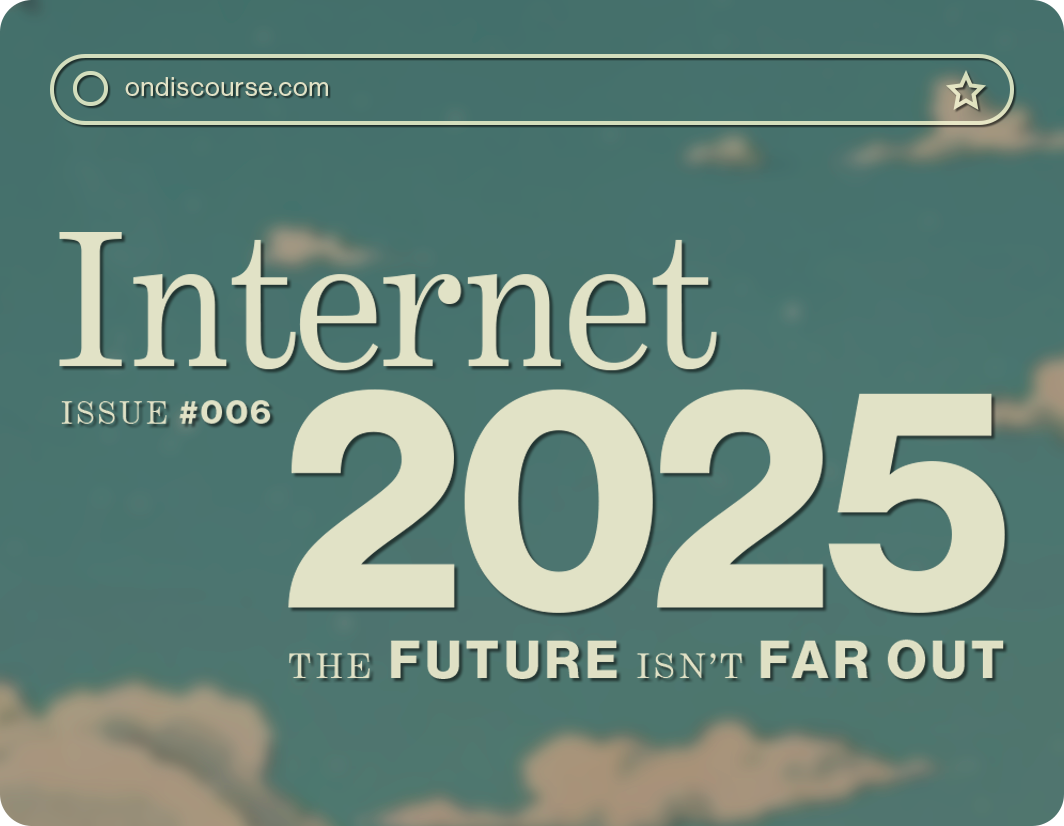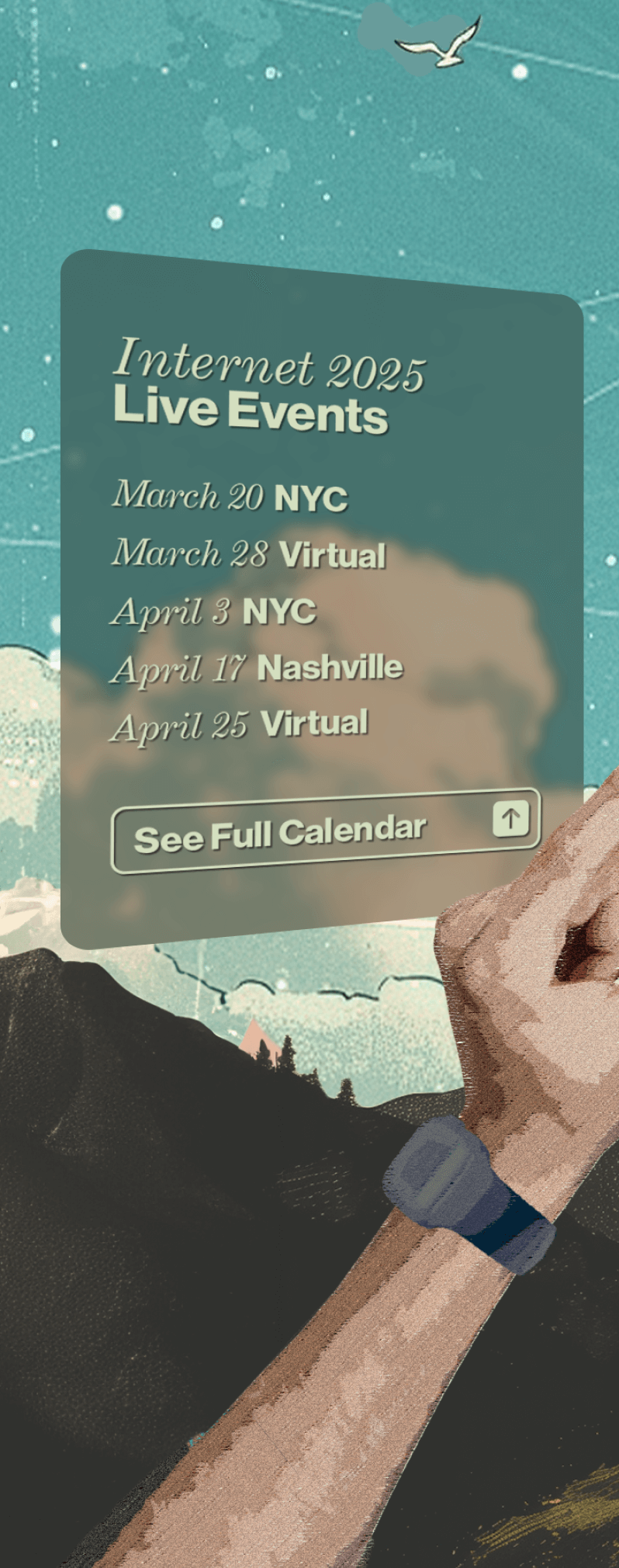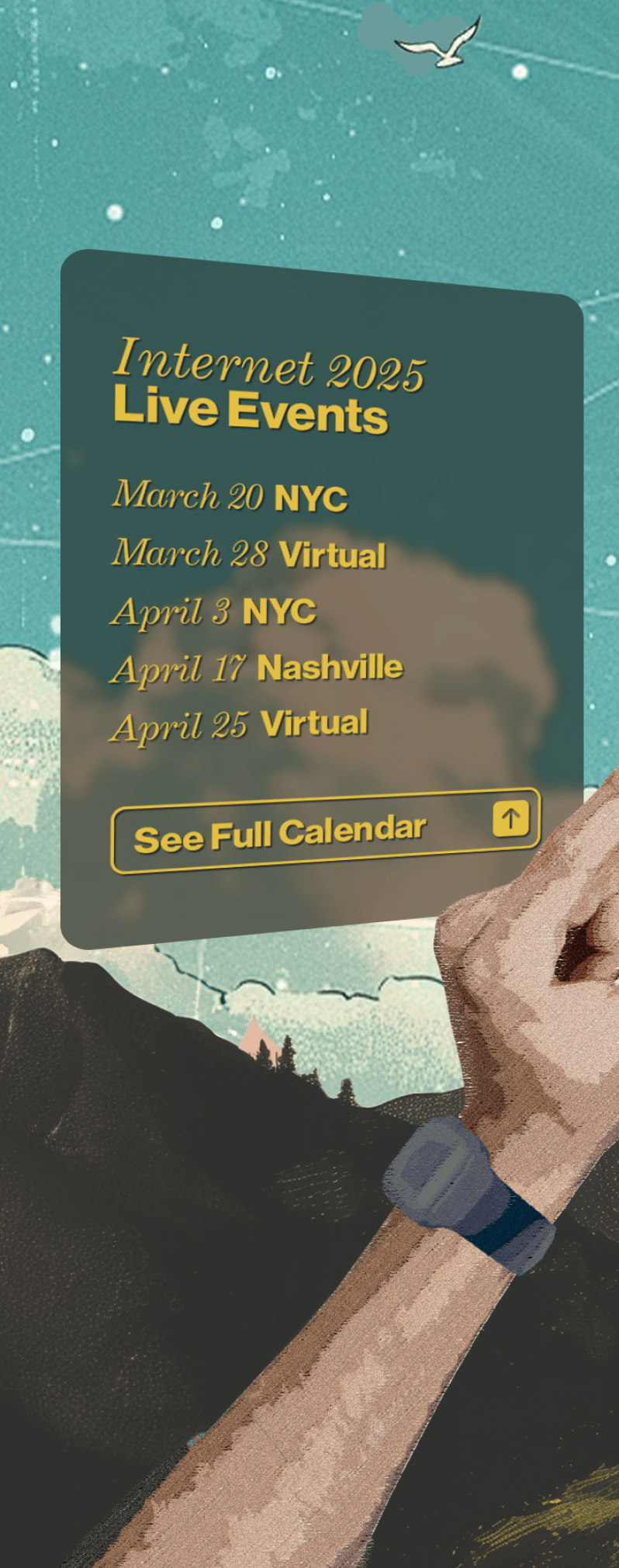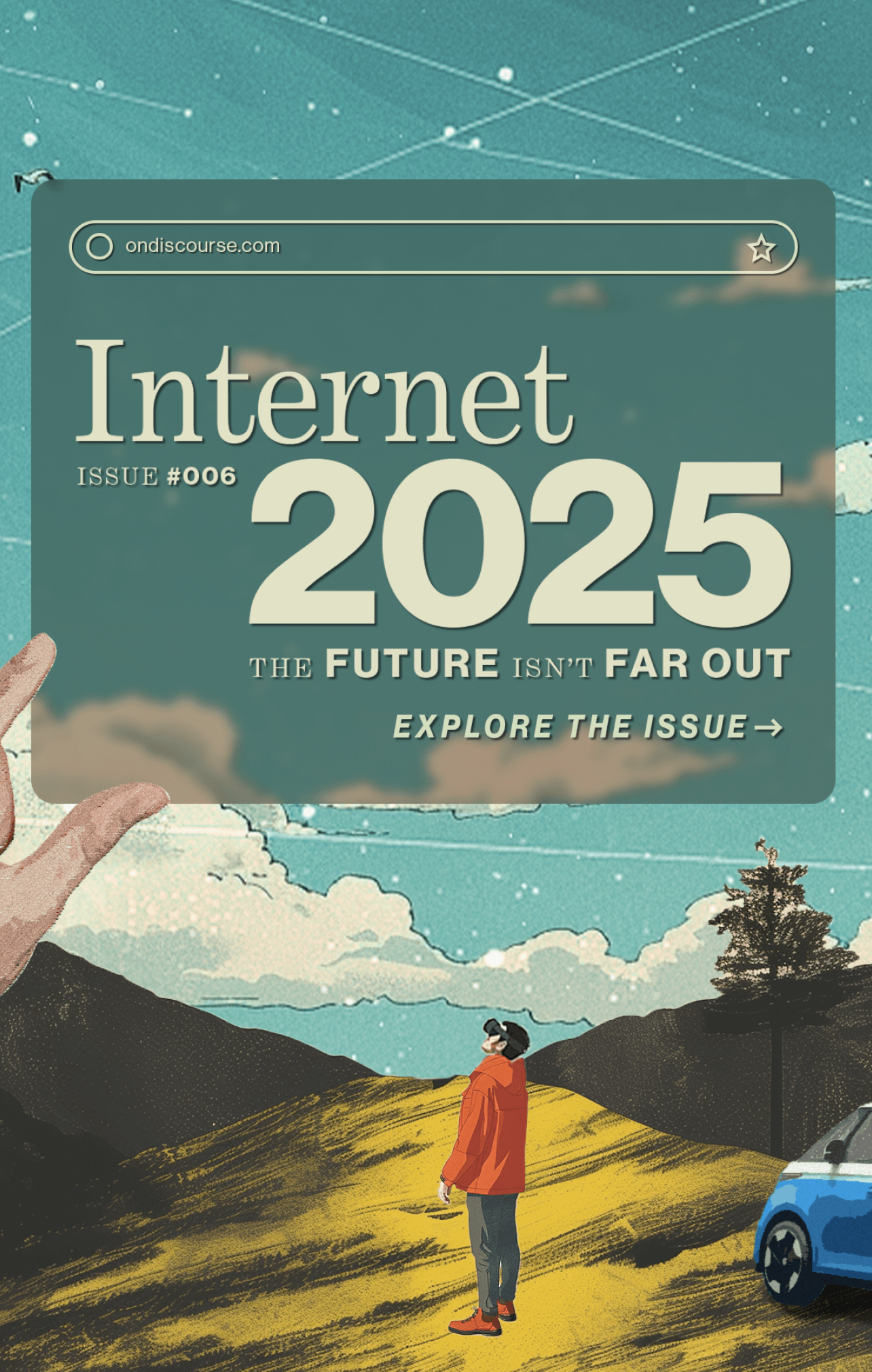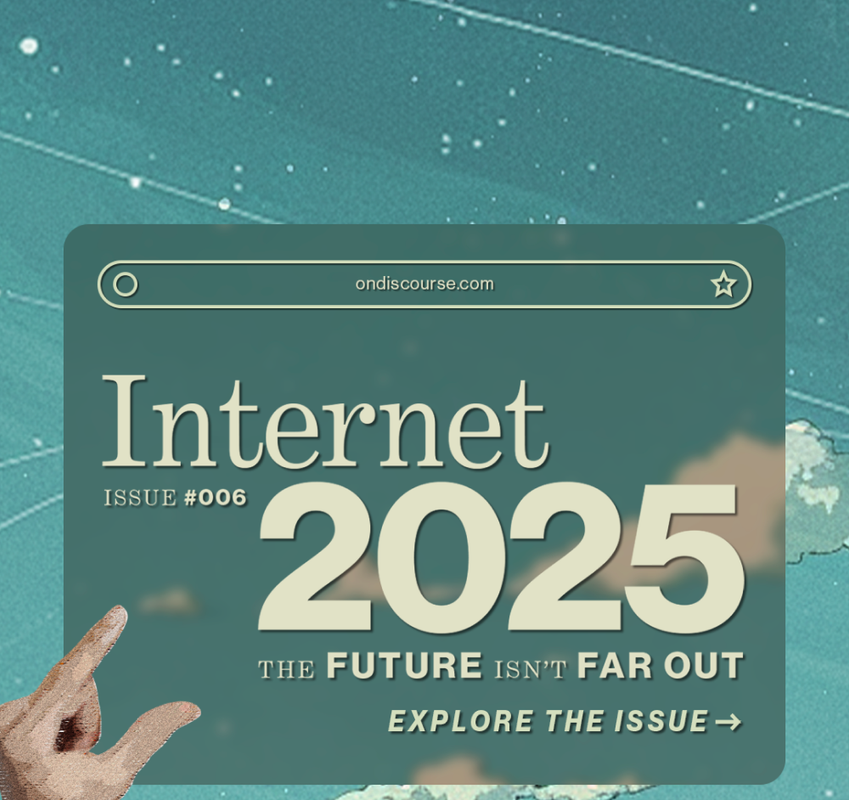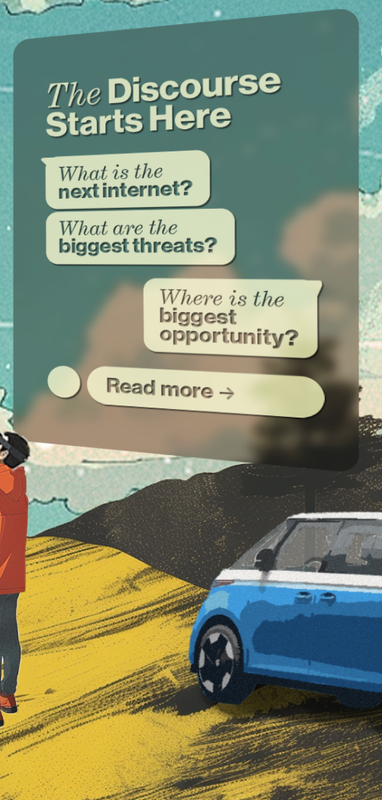Scenes from a
Nashville dinner
There’s No Way I’m Getting a Neuralink Implant,
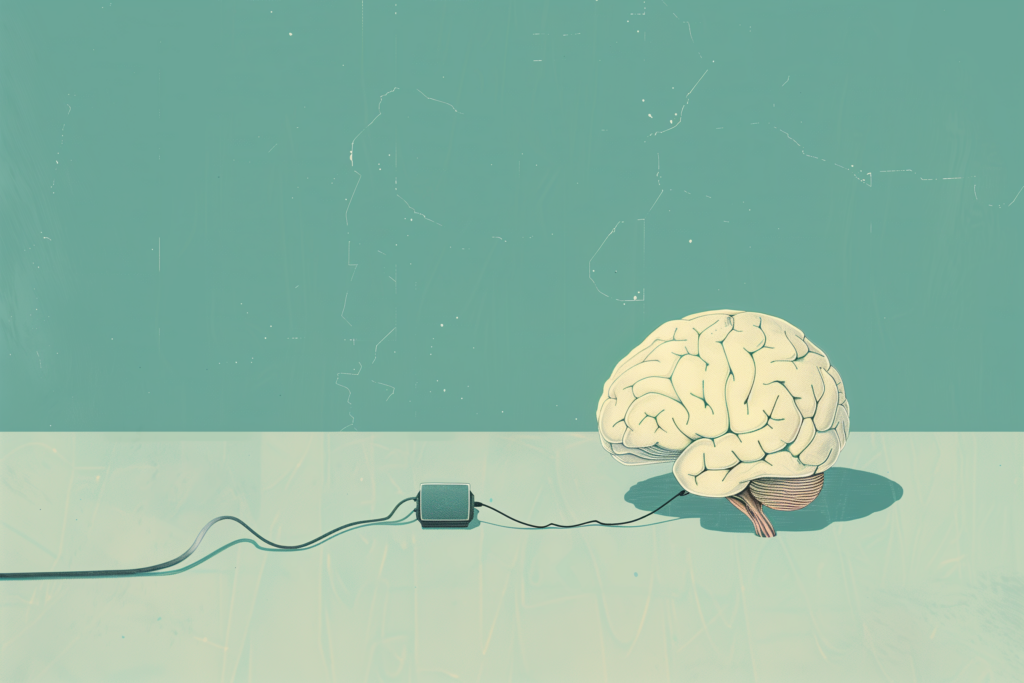
Unless…
Editor’s note: This comes from a private dinner event in Nashville. The room was instantaneously skeptical of Neuralink surgical implantation which was interpreted as a challenge by our co-founder. Underneath all of that skepticism was a lot of fear and curiosity. Would you do it?
This post was written by human Toby Daniels and narrated by AI Toby Daniels (powered by Wondercraft.ai).
“Do you think you would have a chip like Neuralink implanted in your brain in your lifetime?”
This was a question that someone asked at a recent ON_Discourse private dinner.
The room was filled with C-Suite business leaders, investors, a music industry exec and former professional athlete, and the answer was unequivocally, no, apart from two people, myself included, who said, without question, yes.
10 minutes later, and after an impassioned debate, most of the people who said no, changed their answer. But why?
Context
Before I explain, let’s understand the technology.
Neuralink is a technology developed by a company aiming to build a direct interface between the human brain and computers. The technology uses extremely thin wires, much thinner than a human hair, which can be inserted into the brain. These wires have electrodes that can detect brain activity and send signals. Neuralink’s technology is designed to bridge the gap between the brain and digital world, potentially enhancing human capabilities or treating neurological disorders.
It’s worth noting that Neuralink is an Elon Musk company, which comes with baggage. So, the question needed to be reframed slightly:
“Would you have a brain-computer interface (BCI) implanted in your lifetime?”
Ok, back to why people changed their minds, in less than 10 minutes.
Use case
We’ve spent a considerable amount of time talking to leading experts for the Internet 2025 Living Issue. One prevalent theme emerged.
Every past technology interface has been insufficient in how we interact with it. Each technological step we take, we look back and scoff at the inadequacies of what came before.
Remember the quill, the pen, the typewriter, the keyboard, mouse, touchscreens, remember swiping?
“Hey Siri!!” How stupid was voice?
But BCIs? Bending technology to your will, with a single thought? How do you improve upon that? How could it possibly get more seamless, integrated and non-intrusive? Think of the possibilities!
We have become slaves to our smartphones. Count the number of people on a train, walking across the street, at a restaurant with friends, driving a car for fucks sake, who are NOT also on their phones?
You’re telling me you would prefer to live a life where you are tethered to your screen for large parts of the day? You’re happy to half listen and be only a little bit engaged with whoever is sitting across from you? You’re ok that all of this is making you sick?
Remember the quill, the pen, the typewriter, the keyboard, mouse, touchscreens, remember swiping? “Hey Siri!!” How stupid was voice?
So, it’s still a no?
“Life moves pretty fast. If you don’t stop and look around once in a while, you could miss it.” ― Ferris Bueller
Just to be clear, you will never trust a technology that can interpret the brain’s activity and help control devices externally? What if it was FDA approved? What evidence do you need that the technology is safe, your data protected, and that you would be finally untethered from the insufferable weight of your smartphone?
Dude, what if you can also control your TV with your brain? You’d never have to spend time looking for the remote, ever again!
Still a fat no? WTF.
Ok, last question. What if you were a quadriplegic and the device would allow you to regain some, perhaps even all of your motor functions? Would the gift of extra mobility convince you?
Just to be clear, everyone here would accept a pacemaker, right? Electrical impulses inserted directly in your heart chamber is a yes, but a BCI
No?
Oh, yes, you said yes?
One last question. Earlier you said, no, especially not Neuralink. You don’t trust Elon. Elon’s bad. He’s evil? What if Neuralink was the only option?
Yes?
I’m sorry, it sounded like you said yes, but I couldn’t hear clearly due to the indignity in your voice.
Just to be clear, you would get Elon’s chip implanted into your brain if it meant you freely and fluidly interface with computers again??
Alright, so context matters.
The good news is that Elon is not the only company working on this, so this might end up being a false choice. BrainGate, Kernel, Openwater, Emotiv and others are all pioneering in this space and while it might take a few more years of clinical trials before government approval, it seems inevitable that the ultimate UI, one that we control with our brains, is going to happen in our lifetime and most of us will get one, not just because of the edge use cases, but because technology always wins, whether you like it or not.

